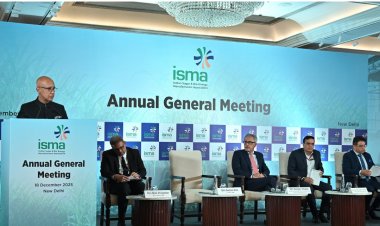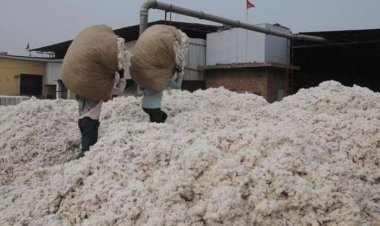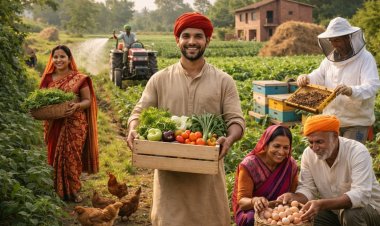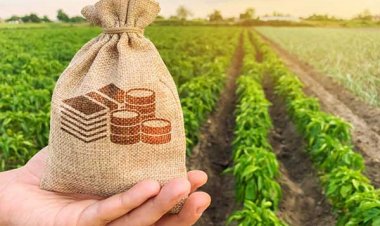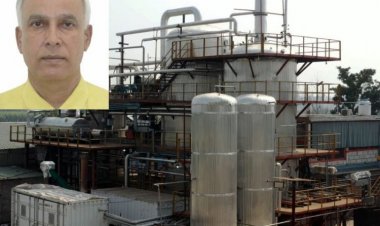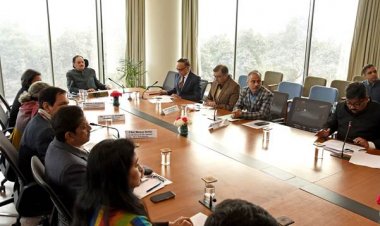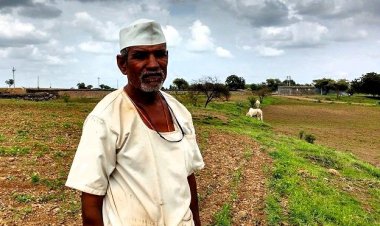The World Spice Organisation (WSO), a non-profit technical partner of the All-India Spices Exporters Forum (AISEF), has successfully concluded the 2nd Edition of the National Spices Conference 2023, which took place in the dynamic city of Hyderabad.
The event experienced a significant attendance with a multitude of delegates and enthusiastic engagement from diverse stakeholders in the spice industry. The theme of this year's conference focused on "Food Safe Spices: The way forward to a Stable and Sustainable Income."
The National Spice Conference 2023, organized by the World Spice Organisation (WSO), is dedicated to advancing the cause of ensuring the safety of spices in the food industry and fostering sustainable income for farmers.
Acknowledging the significant contribution of farmers in the food and agriculture sector, the conference aims to tackle the obstacles encountered by spice farmers and examine approaches to improve their economic viability and sustainability.
Commenting on the importance of Food Safe Spice, Ramkumar Menon, Chairman of the World Spice Organization, said, "The World Spice Organisation (WSO) is committed to advancing food safety, quality, and sustainability. The conference is designed to address the specific ways in which food safety measures can enhance the quality and profitability of spice farming. WSO strives to cultivate a collaborative environment with the objective of promoting positive transformation within the spice industry.
"Our ultimate goal is to establish a future in which farmers prosper and consumers have access to premium, secure spices. The National Spice Conference 2023 is anticipated to serve as a significant driver for positive change within the spice industry. WSO eagerly anticipates the ongoing success and profound influence of this impactful event. "
Sharing the thoughts on non-tariff barriers in spice exports, Dr. Paresh Shah, Chairman, FSSAI Scientific Panel on Pesticide Residues said, “Though India has retained the prime position in international spice trade since historical times, the country is facing issues in global markets owing to phytosanitary and pesticide related issues. However, this is being tackled by regulatory authorities and industry FSSAI is generating data to fix standards for the market to fix safe standards for global markets.”
Sunil Bakshi, Advisor (Science & Standards, CODEX) (Chairperson)shared his insights on FSSAI Standards and Regulations for Spices by stating, “New risk-based regulations provide an opportunity for the Spice sector to streamline operations. Adapting to the new regulatory eco-system is key to enhanced competitiveness and consumer confidence”.
On funding opportunities for the farmers Suseela Chintala - CGM NABARD, Telangana, said: “The most important component in the food business are the competent and active FPOs and farmer groups as they are the building block for the sector and NABARD has formed and supported about 7400 FPOs till date. NABARD has grant oriented schemes for formation of FPO, social mobilization, capacity building for the board of directors and expenses for registration of FPOs. We also offer the much needed working capital to FPOs to support and promote the business angle of the groups.”
Commenting about the challenges faced in the spice sector Dr PK Chakrabarty, retired ADG (PP) and Former Secretary ASRB said, “In India, out of 554 crops with labelled registration, only 83 crops (15%) have approved pesticides for use. More work needs to be done and even more intense data generation is due to ensure that there is an increase in pesticide registration. However, we are trying to find solutions to such issues by grouping spices as a single crop group.”
The event was attended by various FPOs and NGOs, collectively representing approximately 25,000 farmers associated with the National Sustainable Spice Programme (NSSP).
NSSP is a prominent initiative of the World Spice Organisation, which focuses on enhancing the production of food-safe and sustainable spices in India, while also facilitating market access for these sustainably produced goods.
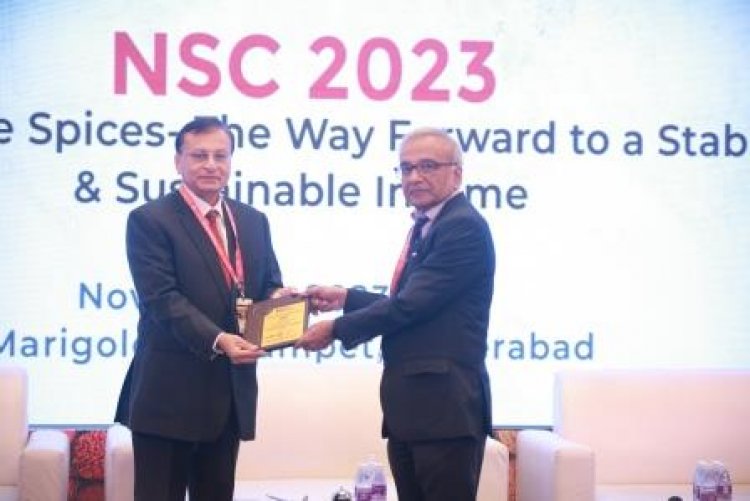



 Join the RuralVoice whatsapp group
Join the RuralVoice whatsapp group


















